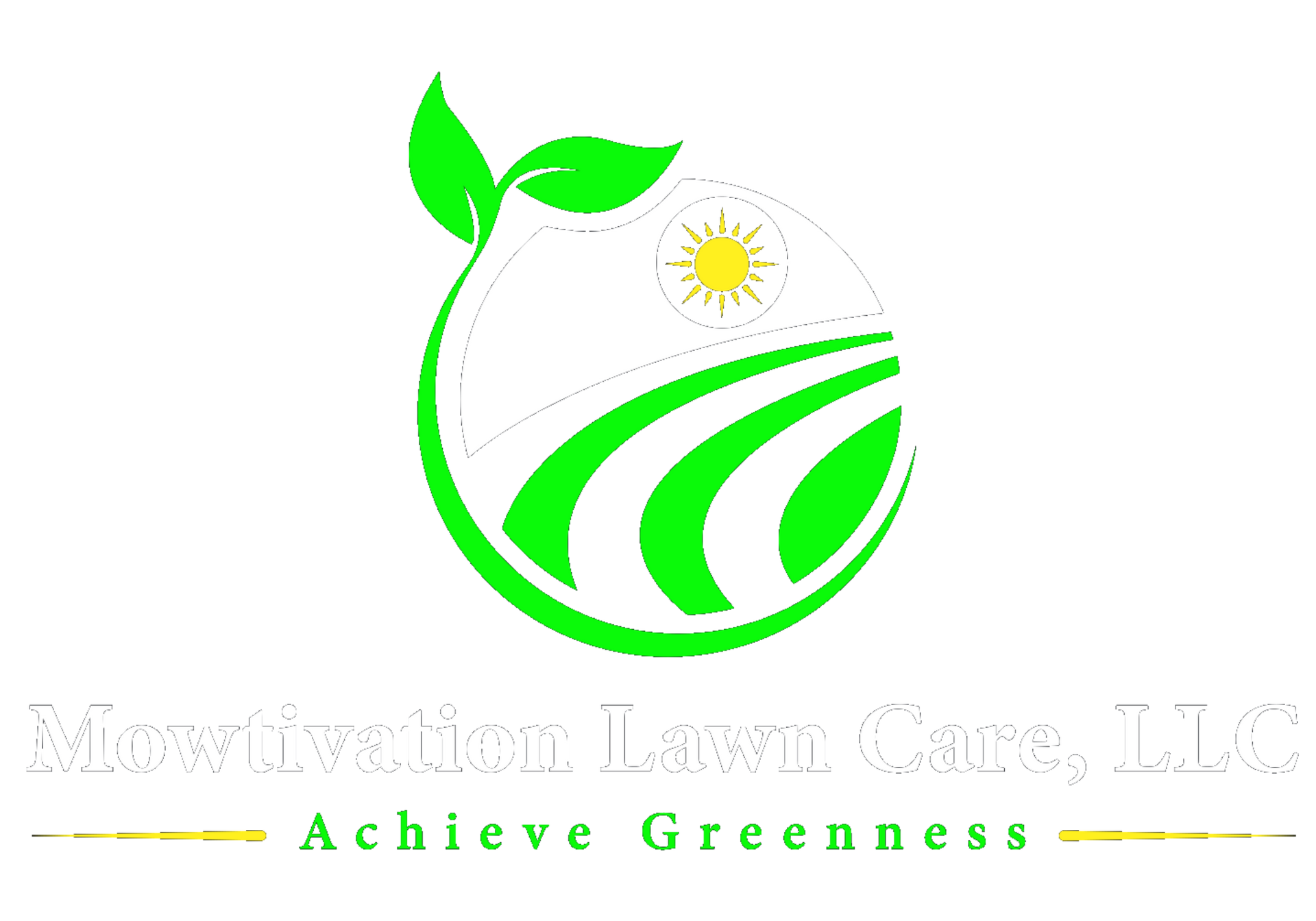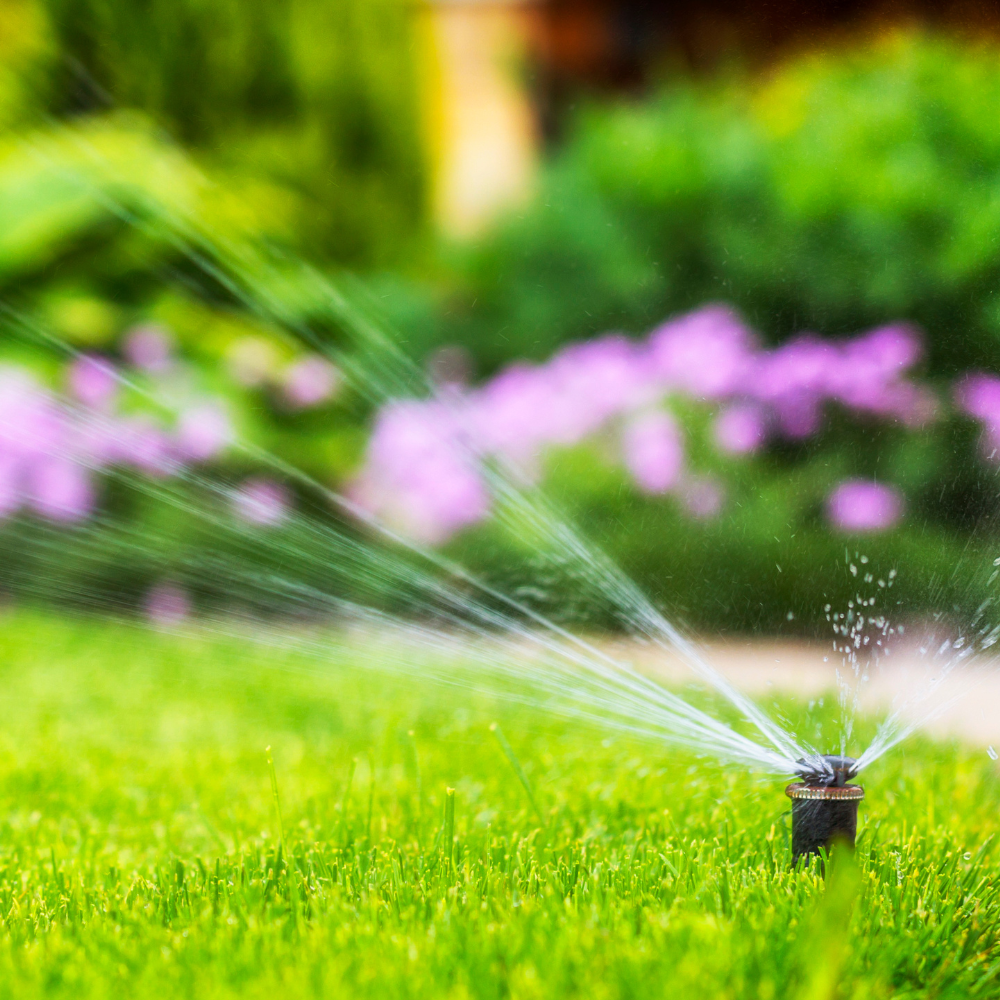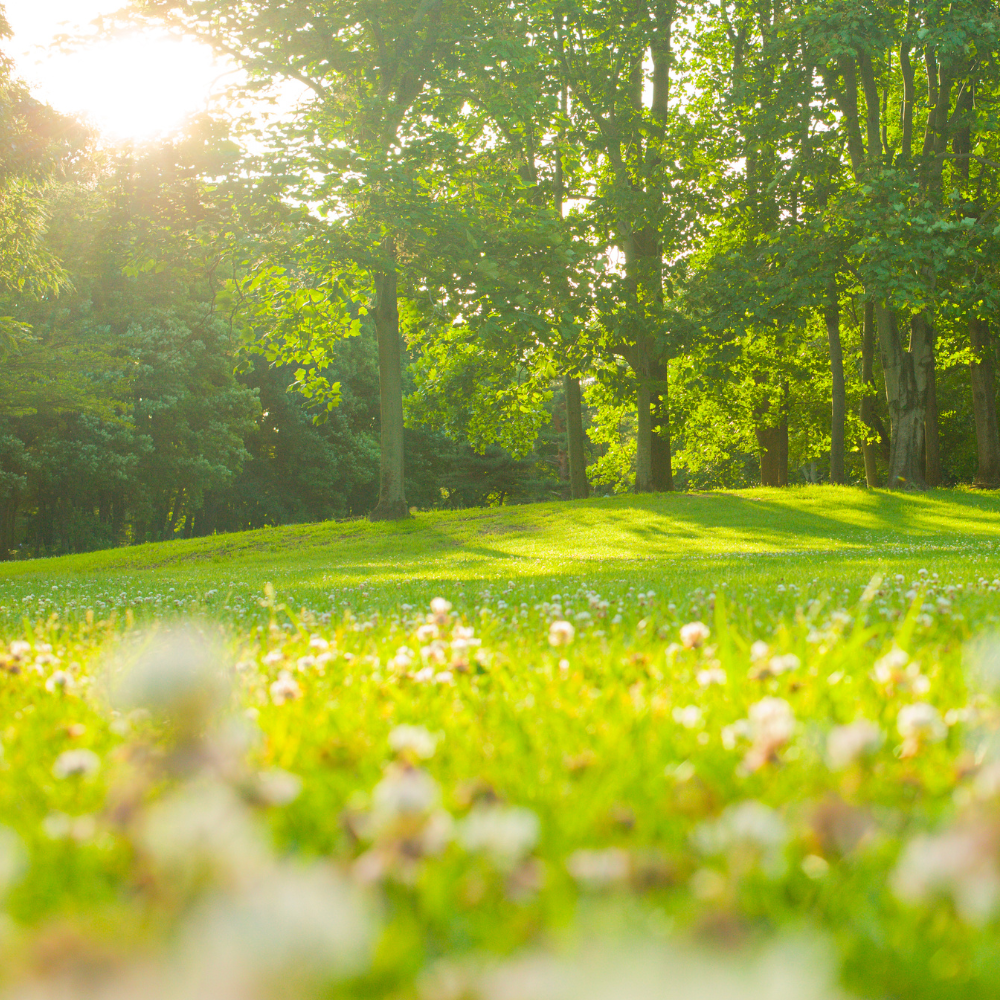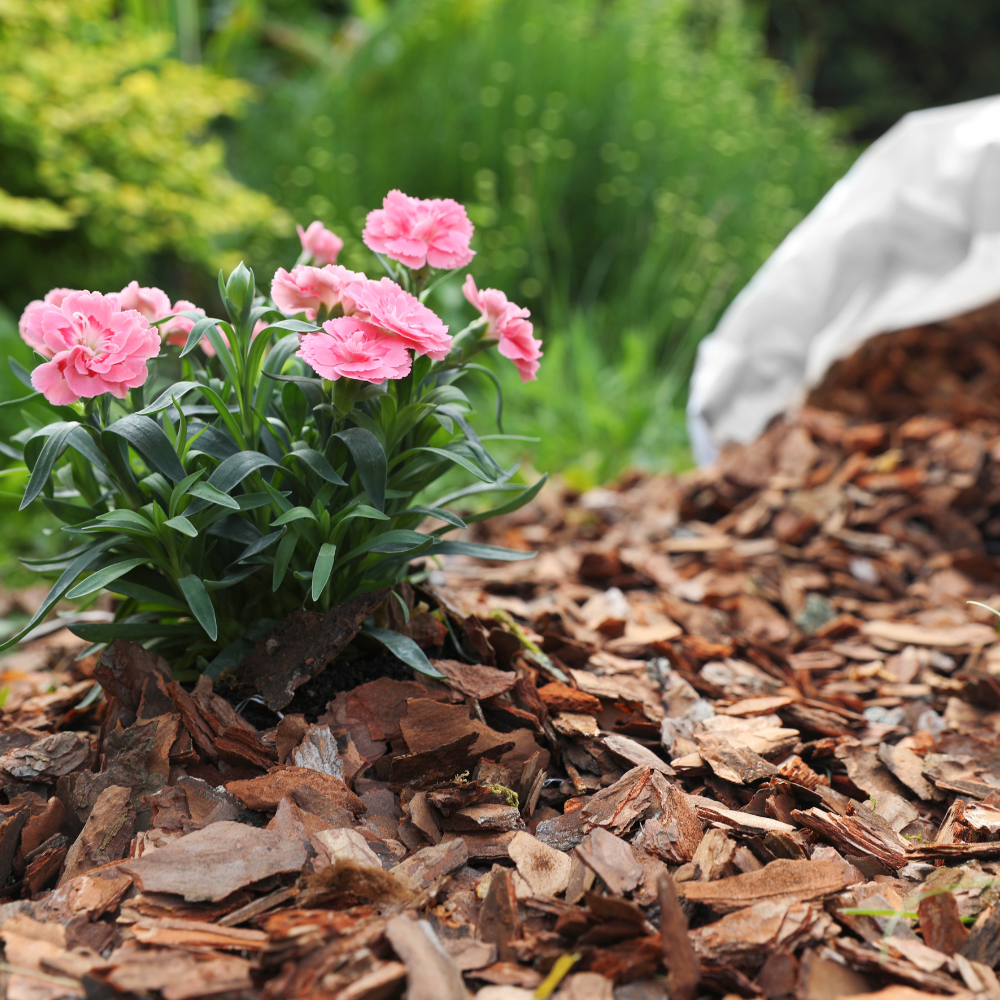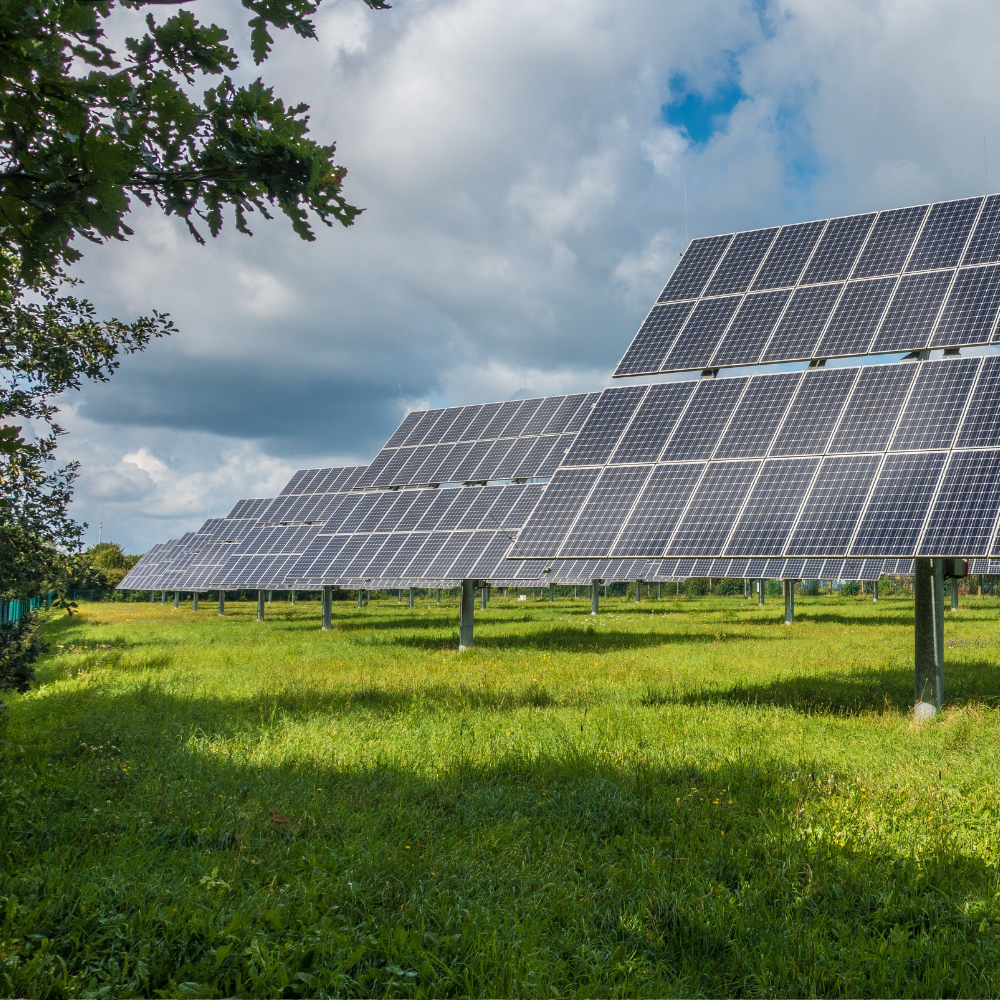Weed and Pest Management in Gardens: Strategies for a Healthier Outdoor Space

Maintaining a healthy and vibrant garden is an aspiration for many homeowners. However, weeds and pests can quickly turn this dream into a challenging ordeal. In 2024, the focus on sustainable gardening practices has highlighted the importance of effective weed and pest management strategies that balance efficacy with environmental responsibility. Whether you prefer chemical-free methods or require conventional solutions for severe infestations, this guide outlines the latest approaches to keeping your garden in top condition.
Step 1: Identification is Key
The first step in effective management is correctly identifying the weeds and pests in your garden. Visual inspections are crucial, but technology has also provided us with apps that can identify species from a photo. Knowing what you're dealing with allows for more targeted and effective treatment plans.
Step 2: Prevention Strategies
Preventive measures can significantly reduce the occurrence of weeds and pests. Mulching not only retains soil moisture but also prevents weed seeds from taking root. Crop rotation and companion planting can deter pests naturally, disrupting the lifecycle of garden invaders before they become a problem.
Step 3: Chemical-Free Solutions
For those looking to maintain an organic garden, there are several effective, chemical-free strategies:
- Natural Predators: Introducing or encouraging beneficial insects can control pest populations naturally.
- Hand Weeding: While labor-intensive, removing weeds by hand or with tools ensures they're gone without chemical intervention.
- Barriers and Traps: Physical barriers, such as netting or copper tape, and traps can protect plants from pests without harming the environment.
Step 4: Conventional Methods for Severe Infestations
Sometimes, severe infestations require more potent solutions. When using herbicides and pesticides:
- Choose products carefully, considering their environmental impact.
- Follow application instructions meticulously to avoid harm to non-target plants and animals.
- Consider spot treatments to minimize chemical use.
Step 5: Regular Monitoring and Maintenance
Regularly inspecting your garden for signs of weeds and pests allows for early intervention, making management efforts more effective and less disruptive. Keeping your garden clean and debris-free can also reduce habitats for pests, further preventing infestations.
Implementing these strategies can lead to a healthier, more resilient garden. Whether you're leveraging the latest in pest identification technology or sticking to time-tested prevention methods, the goal remains the same: to enjoy a beautiful outdoor space without the undue stress of managing weeds and pests.
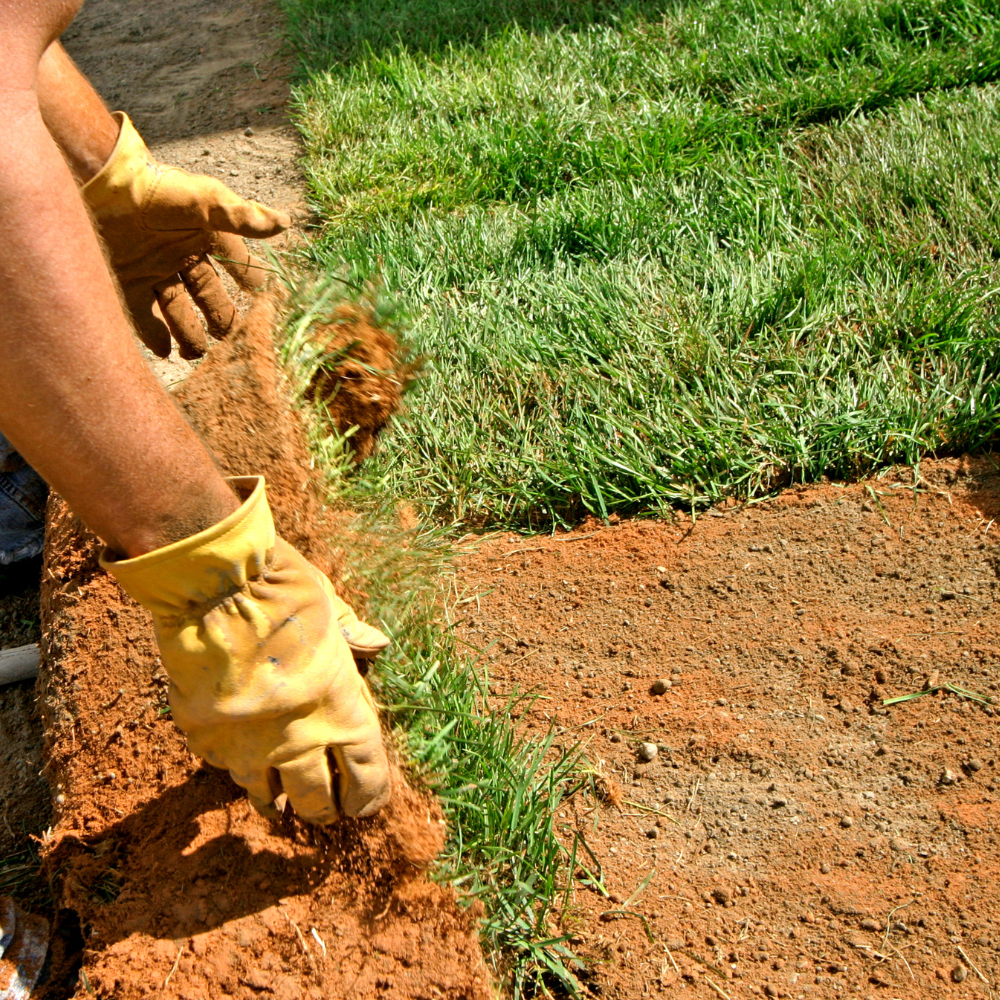
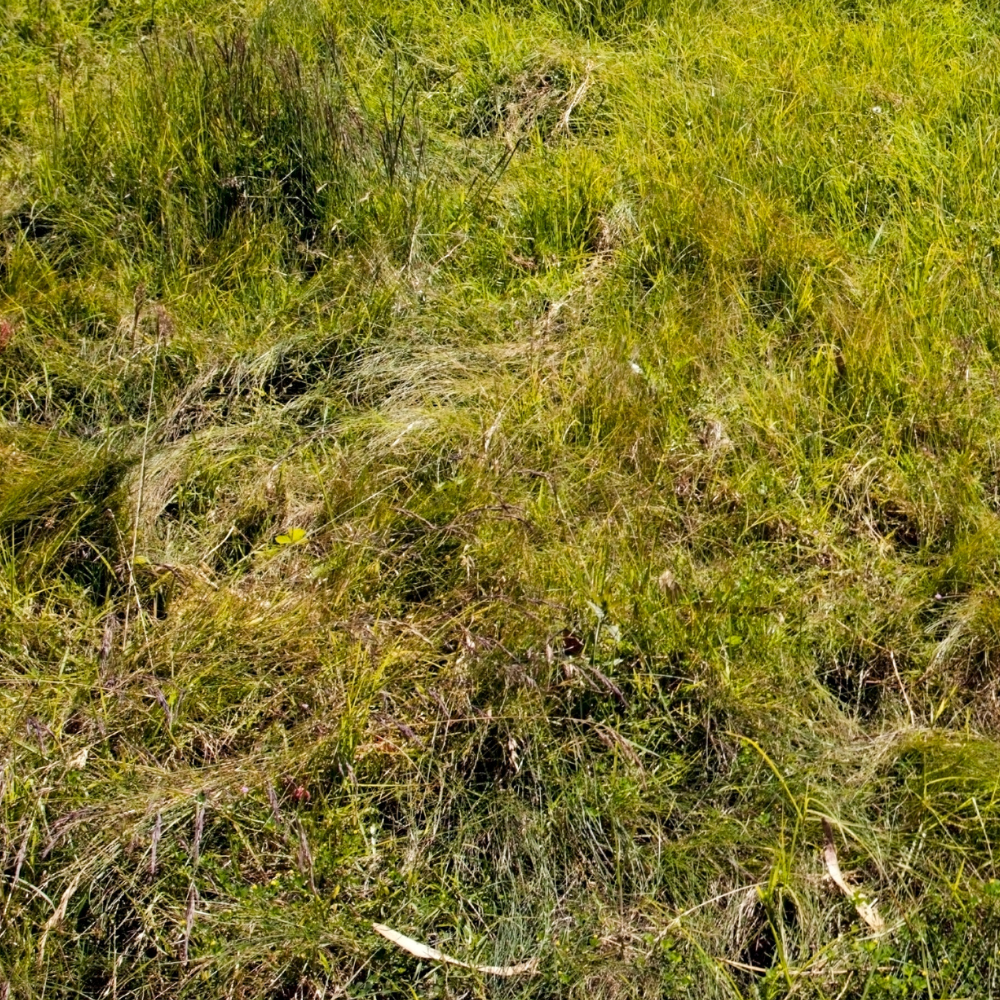
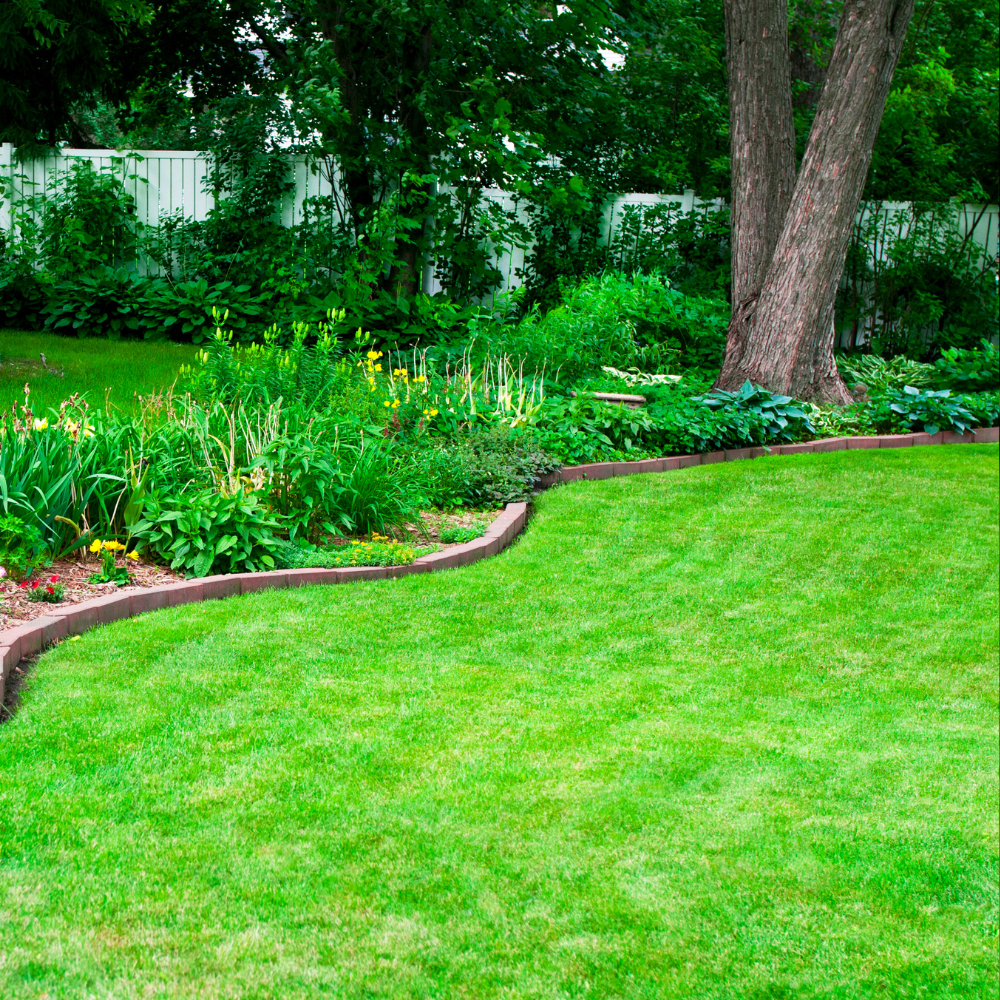
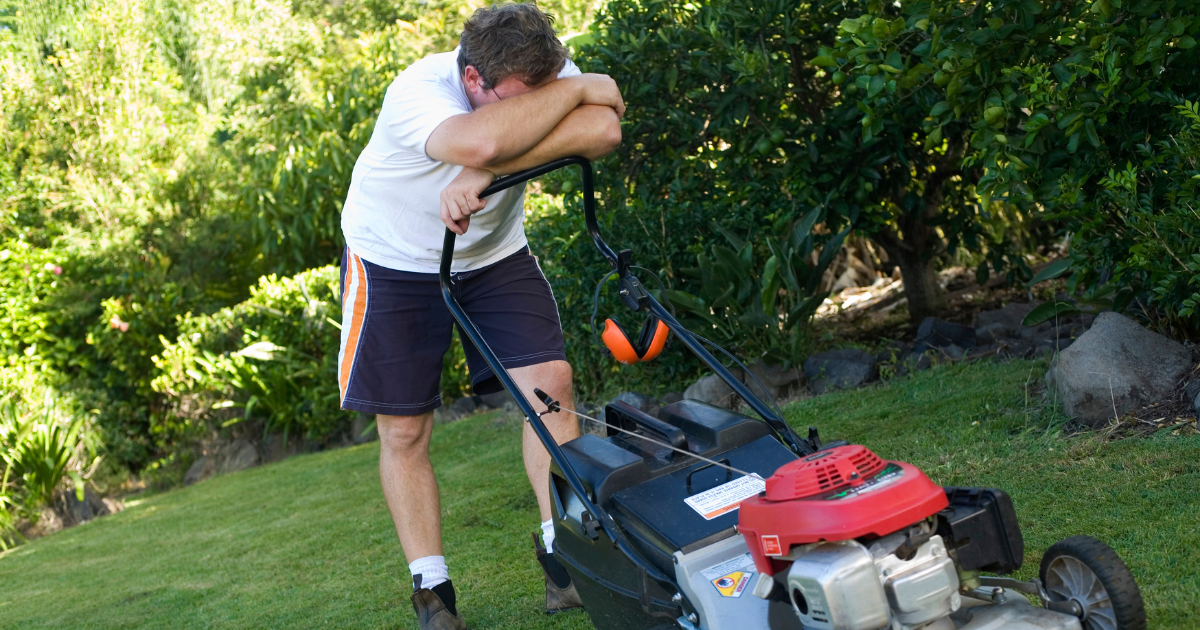
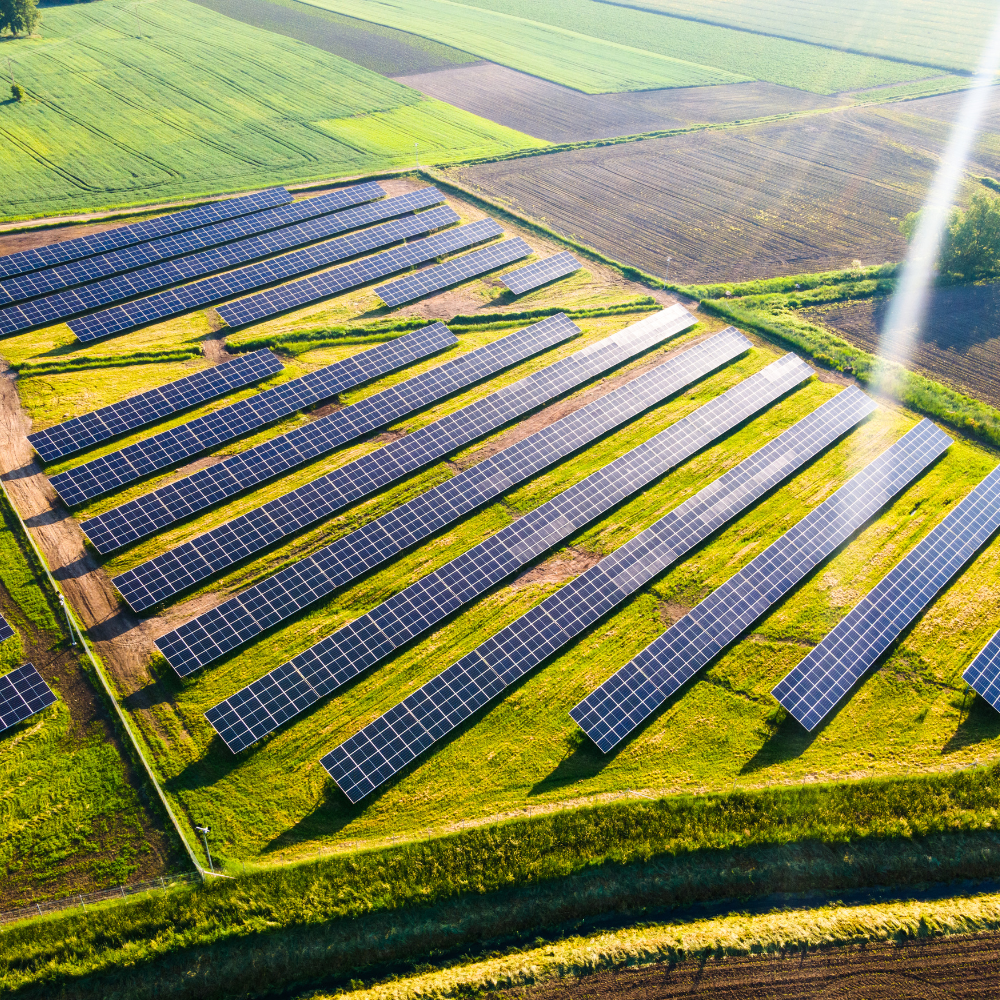
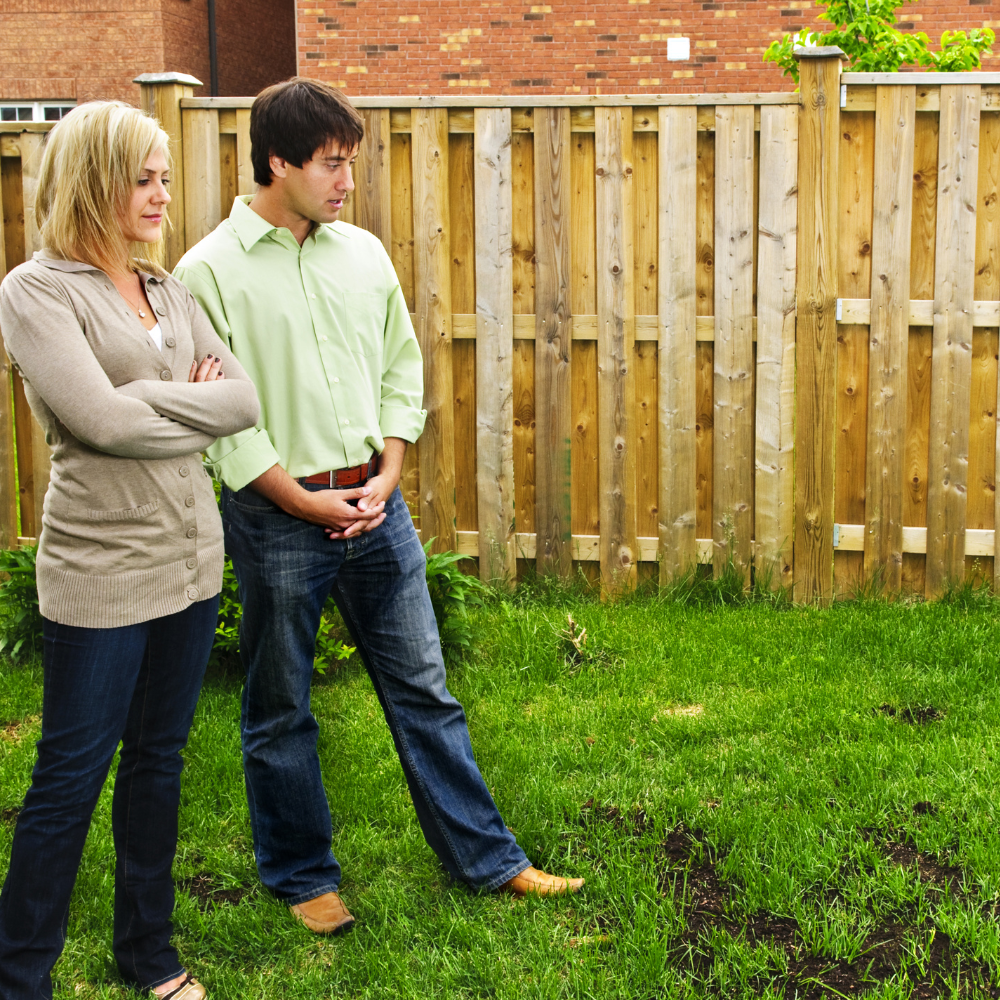
See What Others Are Saying
 Rating
Rating
Contact Us
Follow Us
All Rights Reserved | Mowtivation Lawn Care, LLC.
Webmaster: Rich Marketing Resources
